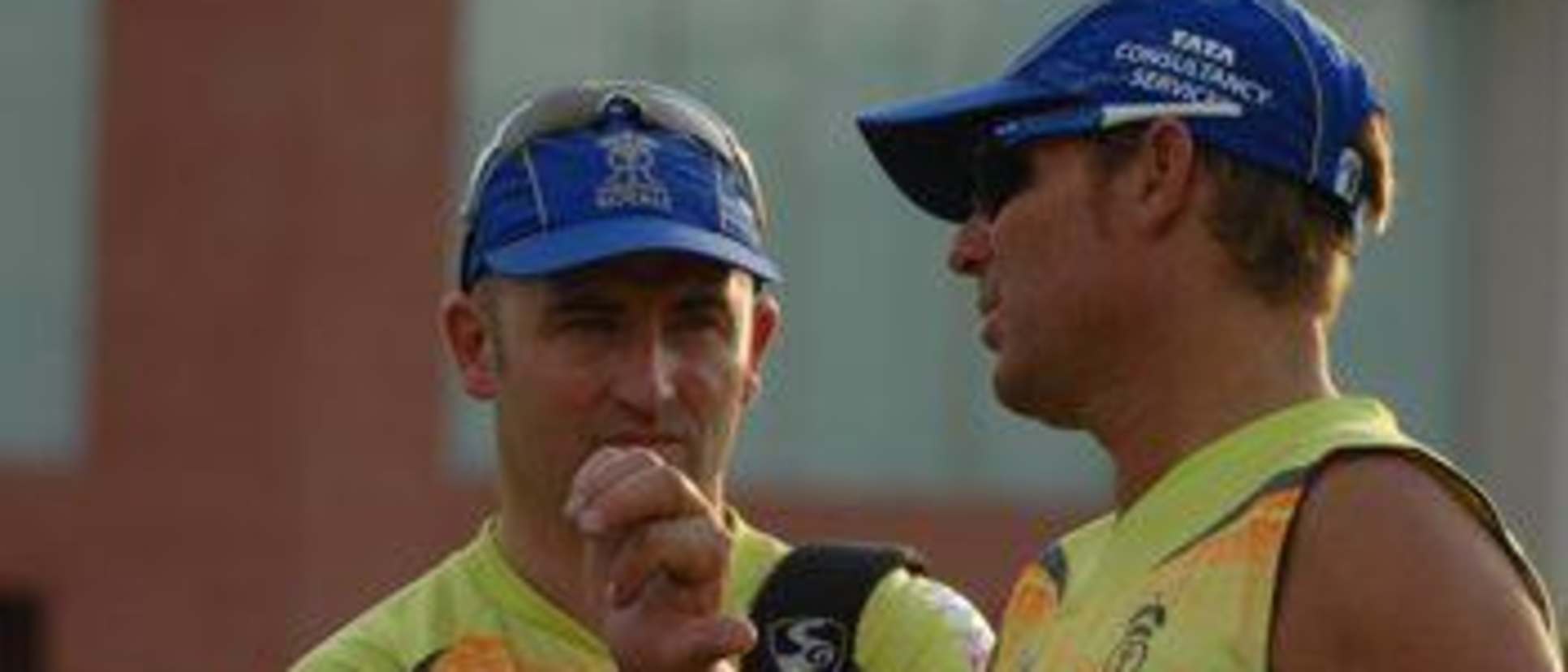ICC Europe 2012 partners Sporting Edge explain the coaching mindset

Sporting Edge partners of ICC Europe for 2012 deliver performance coaching to professional sports teams and businesses, their unique approach of blending performance psychology, practical tips and multimedia insights offer a competitive advantage to any organisation.
Managing Director Jeremy Snape of Performance Coaching Consultancy Sporting Edge is a former International Cricketer and has worked with South Africa and Shane Warne's Rajasthan Royals, here he gives an insight into the coaching mindset.
Shane Warne once said that, "The only time a team needs a coach is to drive it to the stadium". Elite sport coaching is ruthless territory and judgemental. For the majority, the rarefied atmosphere of coaching at the top level either seems inaccessible or frightening.
Following my own 19 year cricketing career, I now practice as a performance coach and I have had the privilege of watching and working with some of the best coaches in the world.
We all generally prefer safety and routine. This is where the coach makes the difference, being the catalyst for improvement and guiding people to achieve things they never thought were possible.
Let's consider what coaching isn't. Coaching isn't mentoring as mentoring calls for the lead person to have reached the heights of performance themselves. Coaching isn't teaching which relies too heavily on one way transfer of information. Coaching is different. The first fundamental of coaching is in the mindset.
Coaches place the athlete at the centre of the model rather than the coach being the 'expert'. The hugely experienced GB Athletics coach Malcolm Arnold stated, 'The athlete is the expert, they can talk in great depth for 40 minutes about how their emotions, muscles and techniques felt during a 40 second race.'
The ability to listen intently is a key element of the coaching mindset. It is far better to spend 10 minutes being 100% 'present' with someone than two hours being distracted by phones, emails or other issues. As Sir Matthew Pinsent says, 'The best coaches listen, simplify and don't speak too much.'
The second great element is the ability to ask open questions to explore the beliefs and fears which may be holding athletes back. A player may approach you for advice after a net session and say 'What do you think?' A good coach may return the exact same question to them first in order to hear their self reflection. Holding up this mirror creates deeper self awareness and can also create faster learning for the player.
Science has created a new era of professionalism but it has also come with a side effect. With more information and video, coaches feel the need to show what they know. The best coaches build trusted relationships and empower their athletes to understand their own games.
This is the art of coaching. Leveraging the empathy and trust in our relationships yet having the ability to challenge people to hasten their learning. The best coaches know one thing, that it is the player who needs to face the new ball or bowl at the death in a one day game, so the sooner we get them to take responsibility for their own learning the better chance they have of performing.
For information on Jeremy's work visit www.thesportingedge.co.uk and follow him on Twitter @thesportingedge